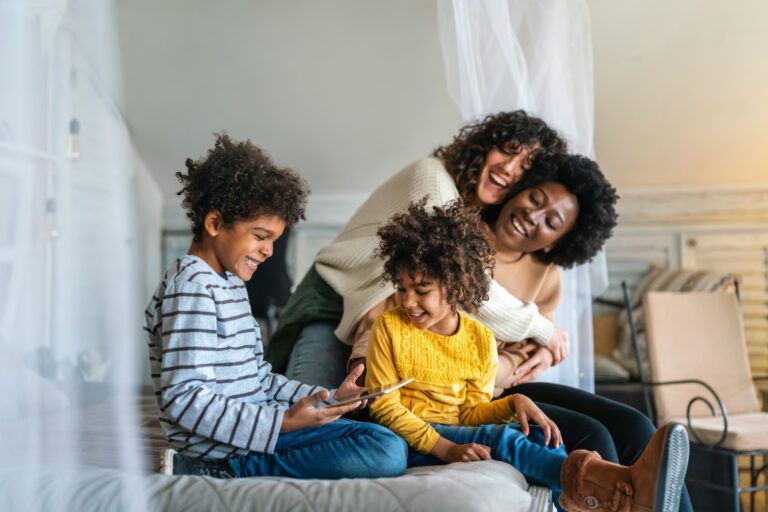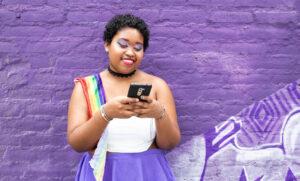Unhealed Emotional Wounds
The most up-to-date research in the field of psychology reveals that trauma is much more common than many of us realize. Unaddressed and unprocessed emotional wounds can result in mental agony, emotional pain, and a whole host of physical ailments. In the supportive container that therapy provides, you can address those wounds and begin to experience real healing. Our empathic and trauma-informed therapists are ready to guide you in your own unique healing journey.




